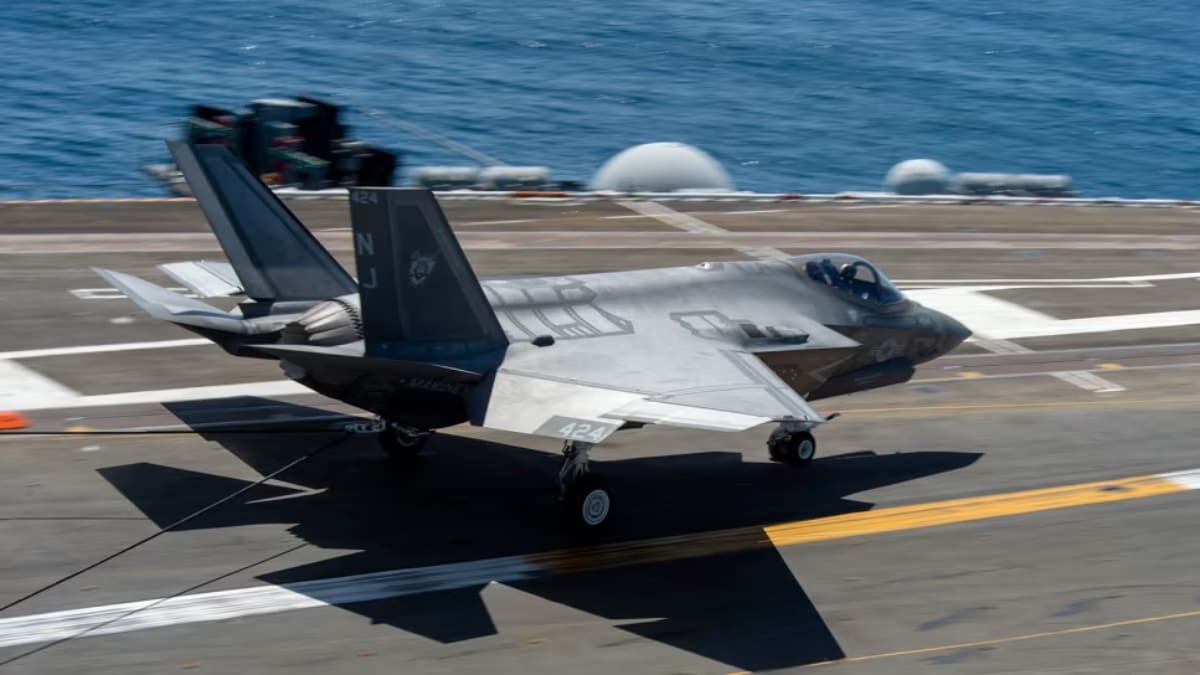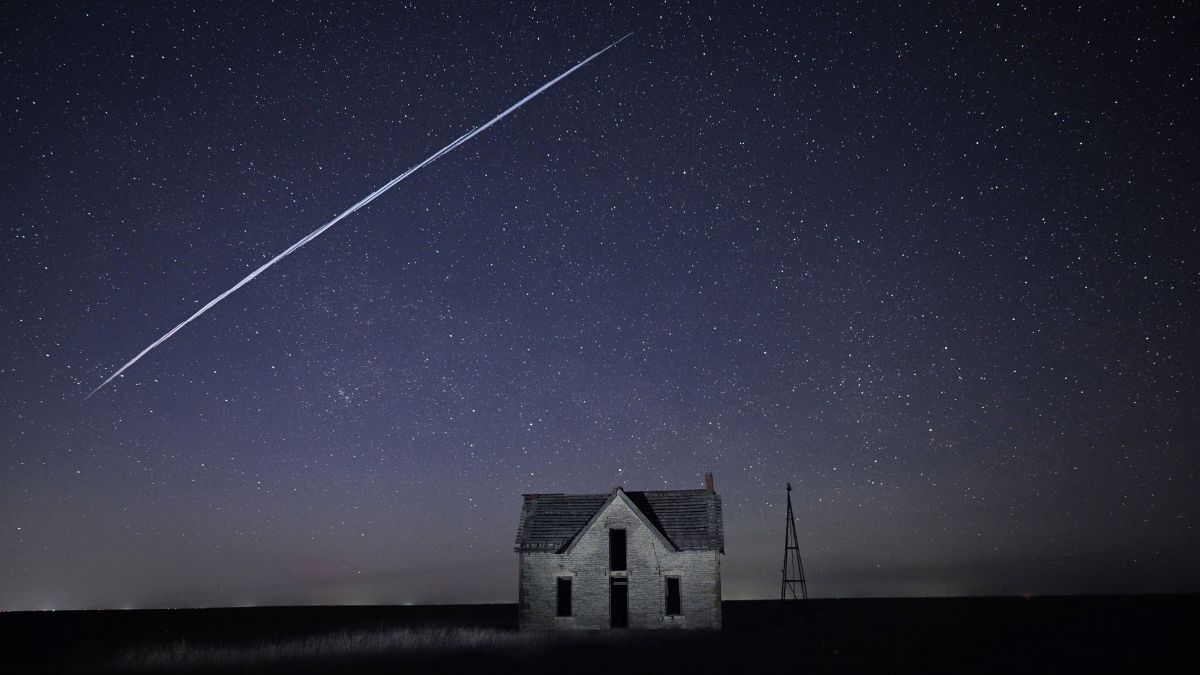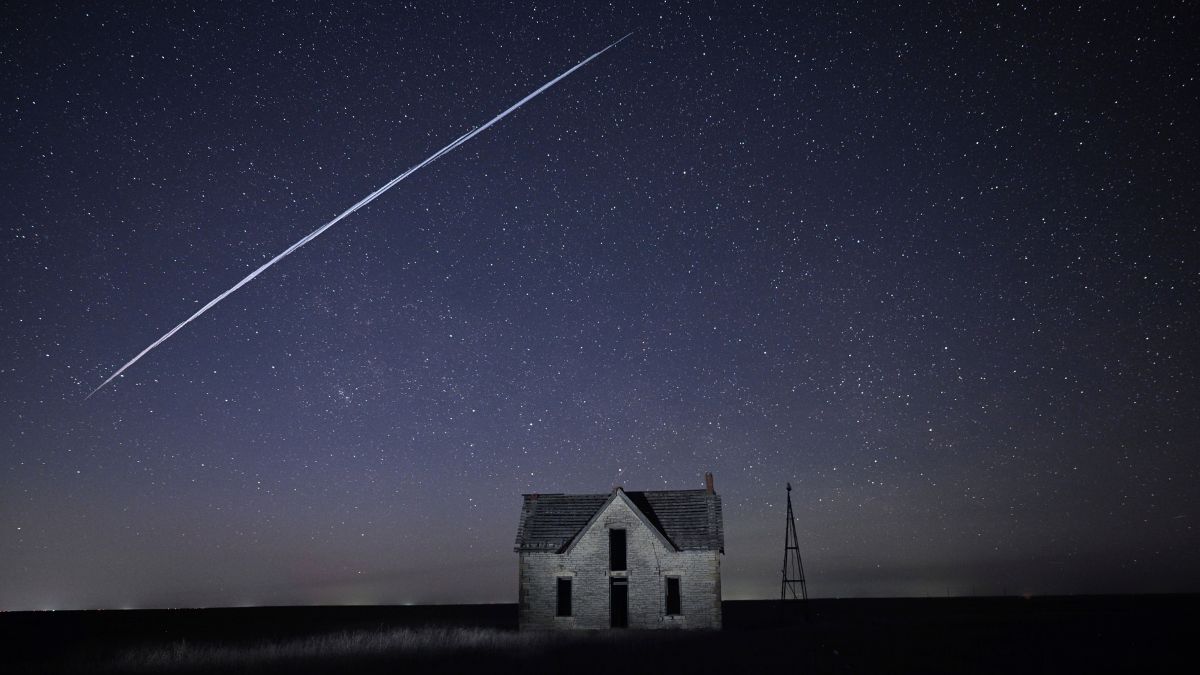US President Donald Trump’s administration has authorised oil and gas drilling in Alaska’s Arctic National Wildlife Refuge, effectively disturbing the pristine condition of one of America’s largest wildernesses.
The decision marked the latest development in the long-standing battle over the future of the refuge’s coastal plain, a pristine 1.56-million-acre area believed to contain billions of barrels of oil, yet serving as vital habitat for polar bears, caribou, migratory birds, and other wildlife.
During his first term, Trump signed a 2017 tax bill that allowed two oil and gas lease sales in Alaska, but they were later cancelled by Joe Biden during his presidency.
The Interior Ministry on Thursday announced plans to hold an oil and gas lease sale during the winter in the coastal plain. The agency also said that it would reinstate the old leases that were approved by the previous Trump administration but cancelled by Biden’s government two years later.
What’s the plan?
Interior Secretary Doug Burgum said, “This land should and will be supporting responsible oil and gas leasing.
Burgum also revealed that the Interior Department has finalised an agreement permitting construction of a controversial gravel road through the Izembek National Wildlife Refuge in southwestern Alaska. He further reaffirmed the agency’s plan to approve an industrial road cutting through untouched wilderness to access a proposed copper and zinc mine in northern Alaska.
In 1980, President Jimmy Carter signed the Alaska National Interest Lands Conservation Act, designating most of the refuge as wilderness and effectively prohibiting drilling. However, congressional Republicans pushed to lift the ban and seized an opportunity in 2017, when they passed a tax bill mandating two lease sales in the coastal plain by the end of 2024.
Impact Shorts
More Shorts‘We will fight this’
The contentious plan has sparked concerns among environmentalists. According to a report by the New York Times, Kristen Miller, executive director of the Alaska Wilderness League, said, “We will fight any attempt to industrialise the fragile coastal plain of the Arctic refuge and every option is on the table.”
In fact, despite Trump’s ‘drill, baby drill’ spree, major oil companies have shown little interest in setting up bases in Alaska, largely because of the great expense and some concerns about public relations.
Patrick Lavin, an Alaska policy adviser at Defenders of Wildlife, said, “One of the worst things you can do for conserving polar bears is to industrialise their denning habitat.”


)

)
)
)
)
)
)
)
)



